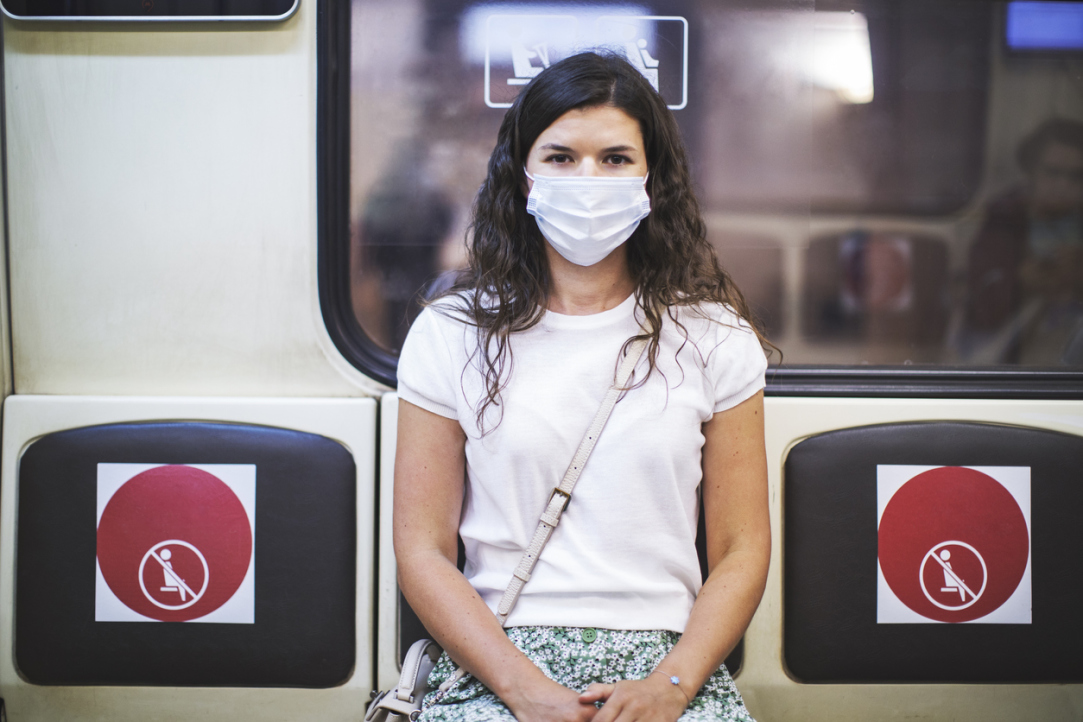
We'll Have To Live With It: Russians Resigned to the Fact That Coronavirus Isn’t Going Anywhere
Russian citizens are almost completely out of isolation and now are less and less afraid of getting infected, however, safety measures are still being overwhelmingly complied with. Alongside that, the percentage of coronavirus skeptics who do not believe in the hazards of the virus is growing. These people refuse to get vaccinated and have no plans to self-isolate in case of the virus's second wave. This is supported by the survey results done by HSE.
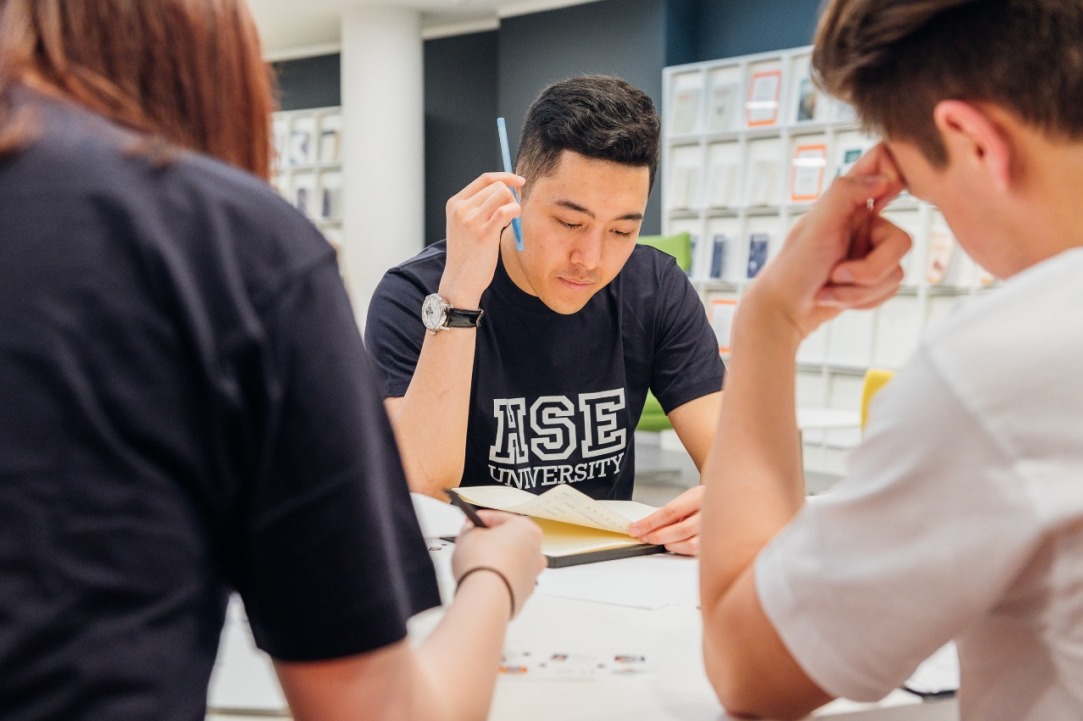
How Will the New Academic Year Start for International Students?
Classes will begin on-campus on September 1 (for some graduate programmes on October 1), and wearing masks in university buildings and dormitories will be mandatory for all students and teachers. HSE University will arrange online learning with mandatory support from professors for newly enrolled international students who are currently unable to travel to Russia.
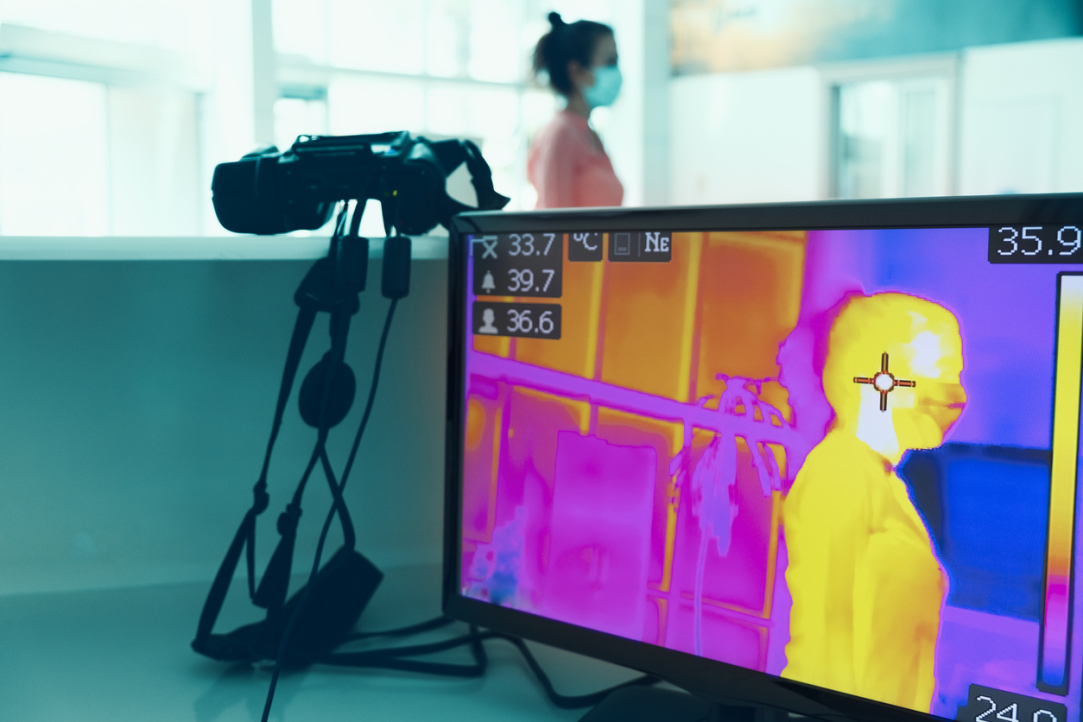
Coronavirus Was Brought into Russia at Least 67 Times
Many people in Russia believe that they had COVID-19 as early as December 2019 or January 2020. Is it possible to find out when the epidemic really started in Russia and where it came from? Bioinformatics provides an answer.
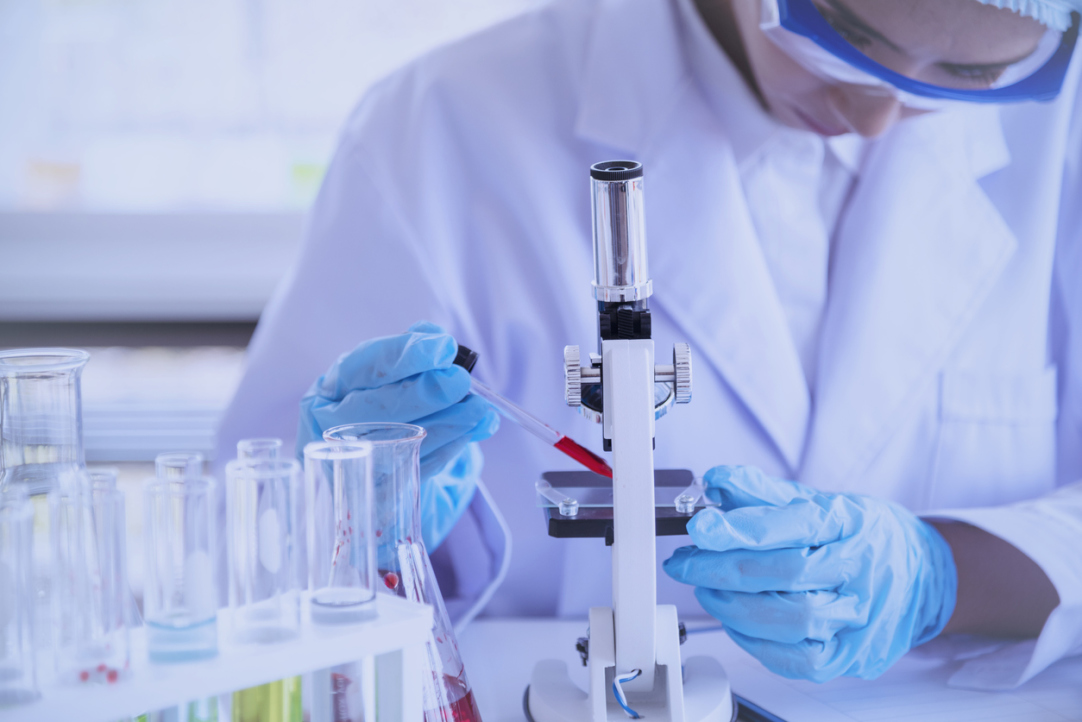
Alcoholism Treatment Is Potentially Effective against COVID-19
A team of chemists from HSE University and the Zelinsky Institute of Organic Chemistry used molecular modelling to find out that two medications that have been known for a long time can be used to fight SARS-CoV-2. One of them is used to treat alcohol addiction, and the other is for cancer.
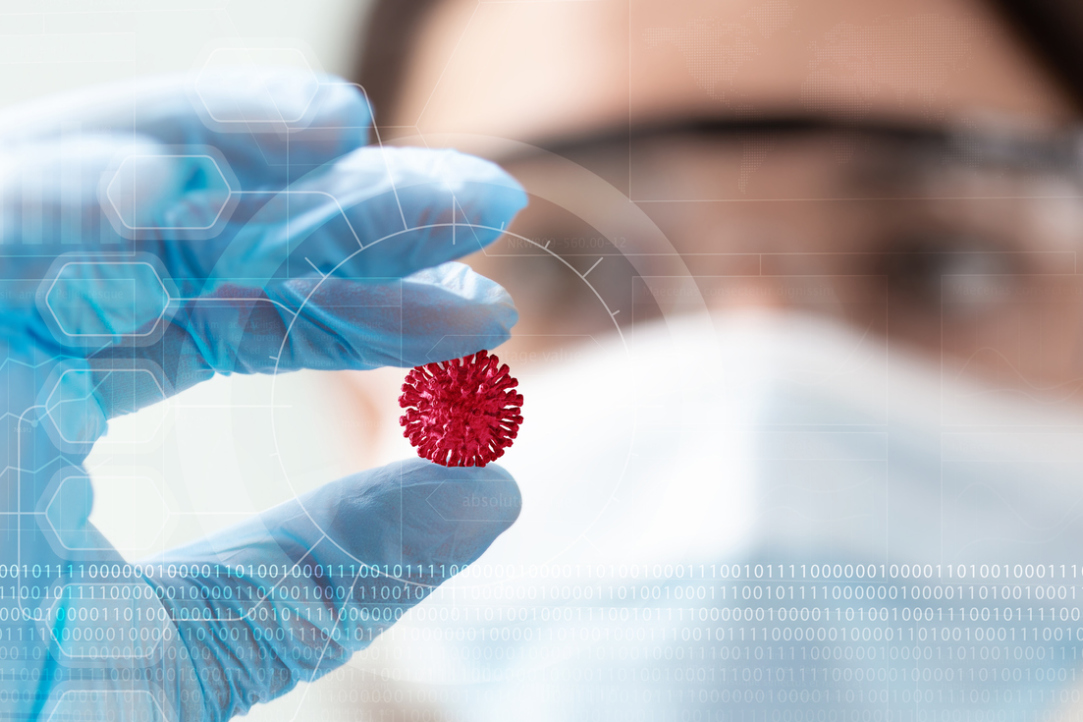
Researchers Find Therapeutic Targets to Fight SARS-CoV-2
Researchers from HSE University have developed new approaches for regulating the expression of ACE2 and TMPRSS2 enzymes, which play a crucial role in cell infection with SARS-CoV-2. The scholars discovered that small non-coding microRNA (miRNA) molecules are capable of performing a targeted decrease in ACE2 and TMPRSS2. The results of the study have been published in PLOS ONE journal.
.jpg)
'This was a Major Task for All University Services'
July marked the end of the first HSE academic term conducted entirely in remote format. Specialists of the eLearning Office and Digital Services told HSE University Life how they prepared for it and which problems they encountered.
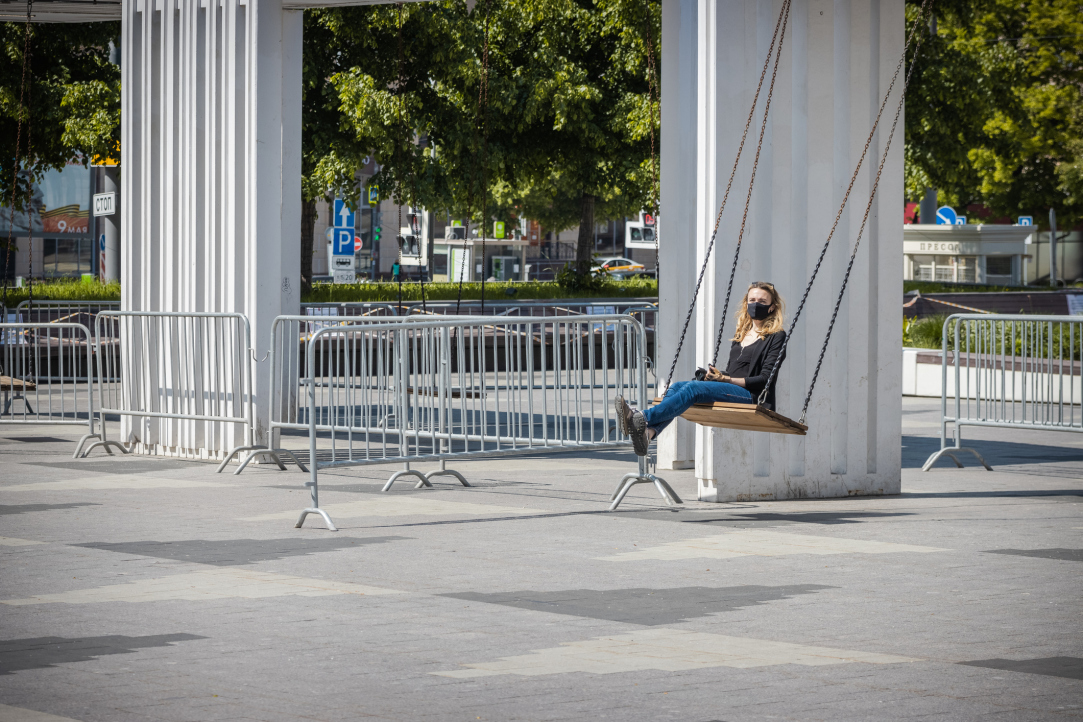
Russia Is Among the Leaders of the Global COVID-19 Pandemic Response Efficiency Index
In a recent study, HSE University researchers analyzed and ranked the responses of 48 countries to the coronavirus pandemic. National responses were evaluated with regard to three factors: medical care, social support, and economic support. Among the 48 analyzed countries, Russia placed 7th, while Australia ranked the first.
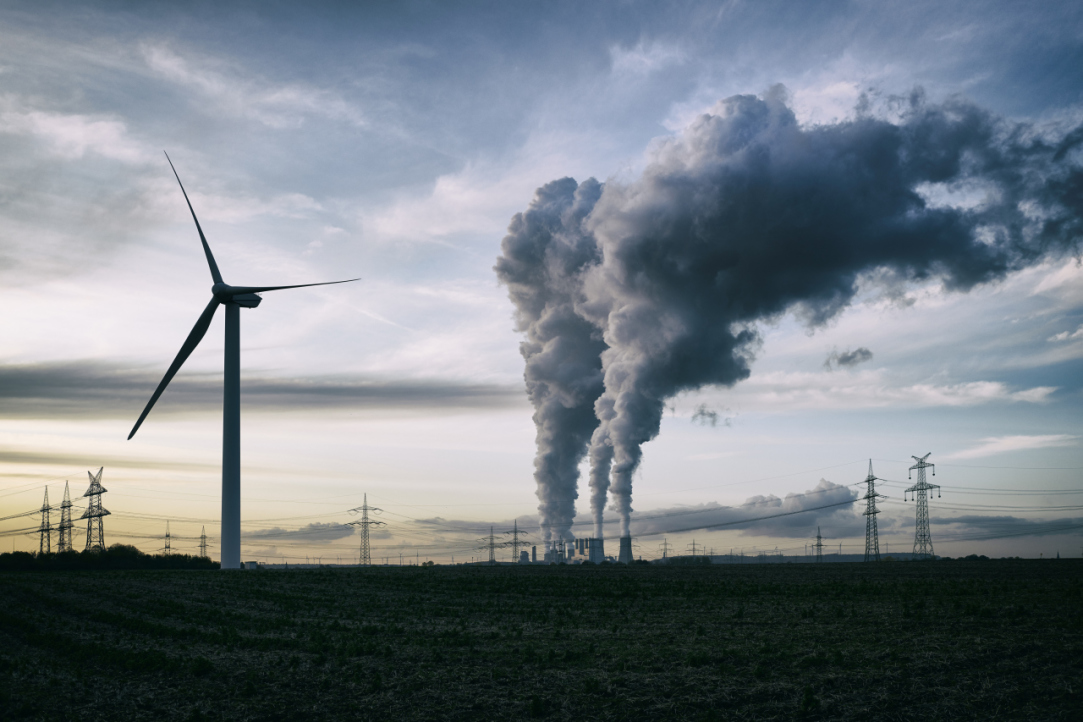
Virus Clears Up the Atmosphere: How the Pandemic Has Affected Greenhouse Gas Emissions and Other Consequences of COVID-19 in Russia and the World
Lockdown and economic crisis have led to a drastic reduction of greenhouse gasses emissions in the world. This is one of the key messages of the HSE’s eighth 'coronavirus' newsletter. In addition, experts have evaluated the consequences of COVID-19 for Russian culture, health worker support measures in various countries during the pandemic, the EU economic recovery programme, and other scenarios.
.jpg)
Joint Seminar of HSE Faculty of Biology and Biotechnology and George Mason University
First-year undergraduate students of the HSE Faculty of Biology and Biotechnology took part in an online seminar at George Mason University (USA). The seminar was part of the Coronavirus Research Update summer course, taught by Professor Ancha Baranova.
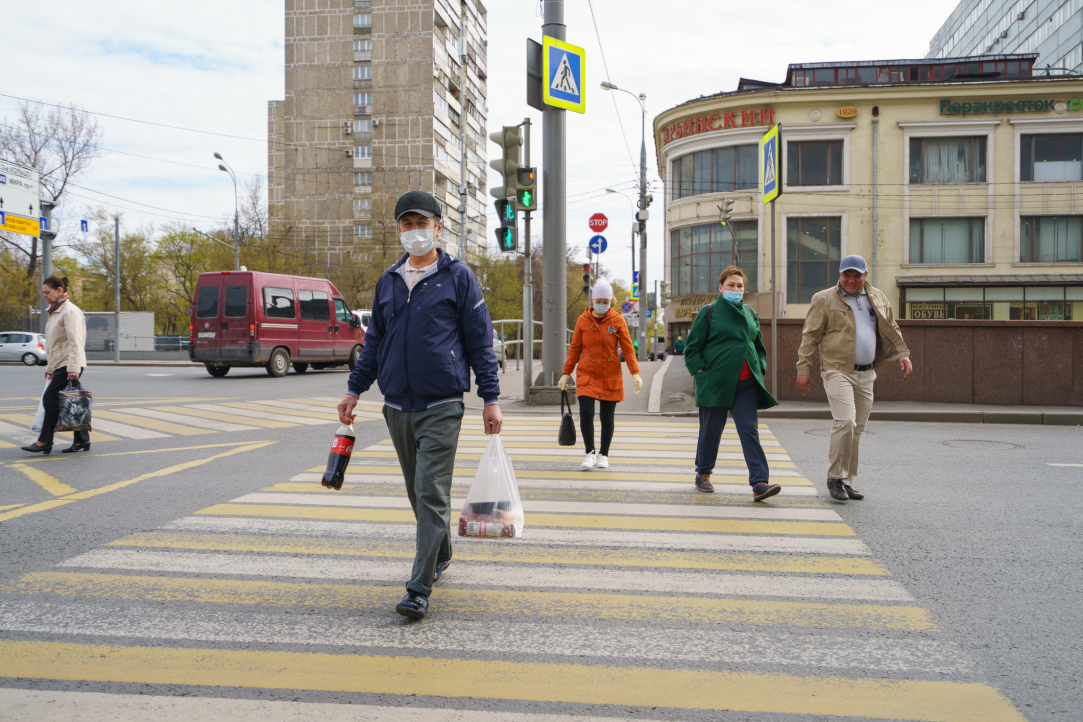
State and Civic Efforts Helped Save at Least 80,000 Lives in Russia During the Pandemic, HSE Experts Say
In a study, ‘How Many Deaths from COVID-19 Were Avoided by Russian Society’, experts from HSE University found that the restrictive measures taken by the Russian government and its citizens to combat the spread of the virus saved the lives of tens of thousands of Russians.

